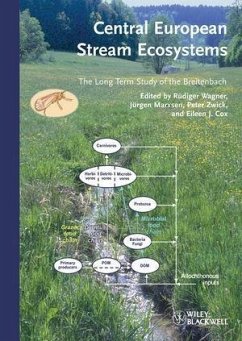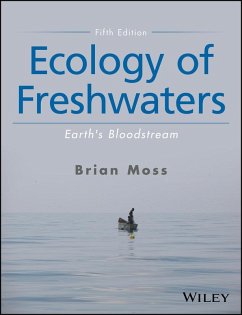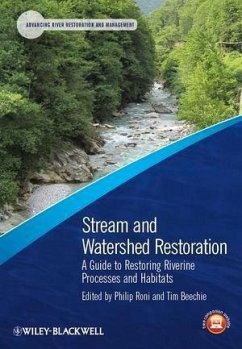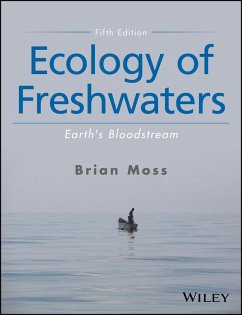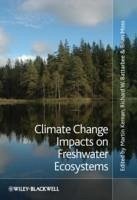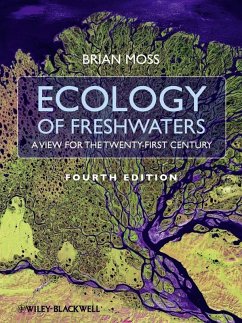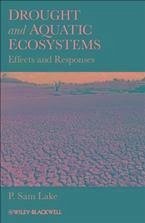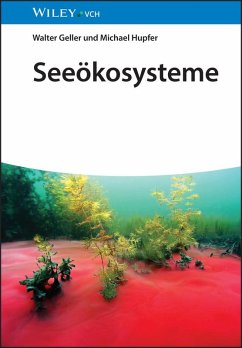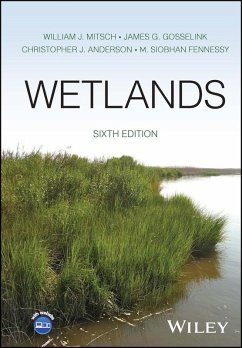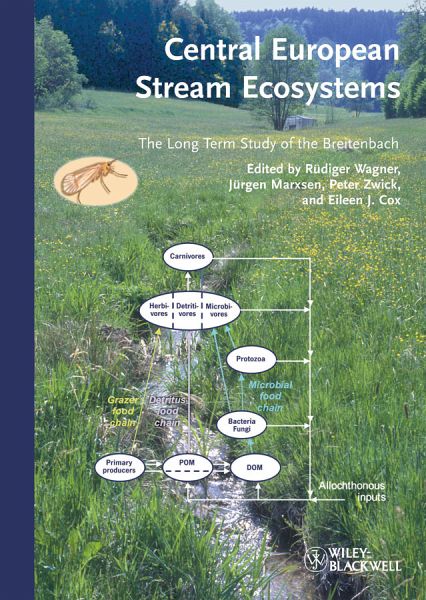
Central European Stream Ecosystems (eBook, ePUB)
The Long Term Study of the Breitenbach
Redaktion: Wagner, Rüdiger; Cox, Eileen J.; Zwick, Peter; Marxsen, Jürgen
Versandkostenfrei!
Sofort per Download lieferbar
187,99 €
inkl. MwSt.
Weitere Ausgaben:

PAYBACK Punkte
0 °P sammeln!
Probably the best-studied stream on earth. The result of unmatched long-term data taken by the Max-Planck outstation in Schlitz from the nearby Breitenbach stream since 1949, the special focus in this handbook and ready reference is on animal and microorganism occurrence and variation, as well as chemical and physical parameters. An invaluable data basis for modeling purposes for anyone dealing with stream ecology.
Dieser Download kann aus rechtlichen Gründen nur mit Rechnungsadresse in D ausgeliefert werden.



